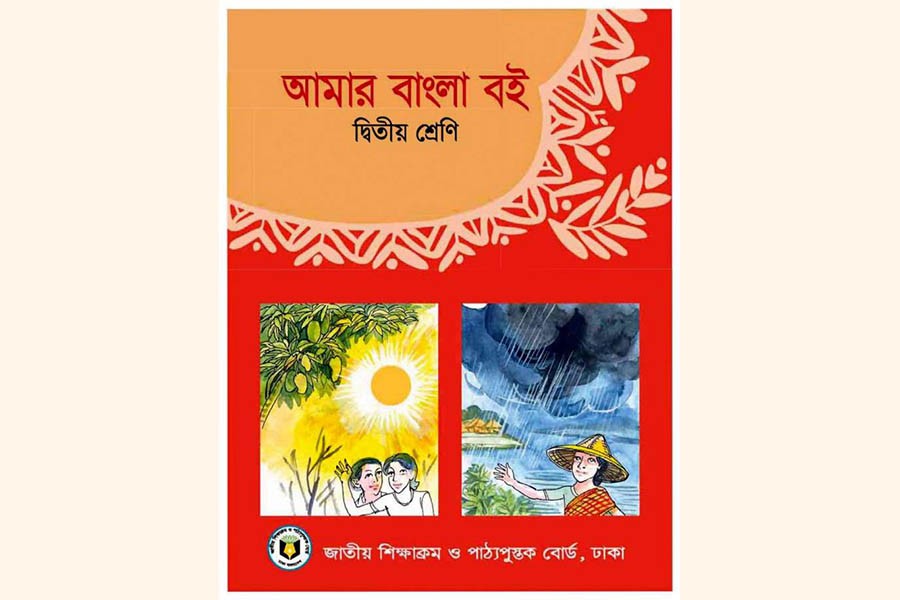A row over printing of textbooks among printing presses, publishers and the National Curriculum and Textbook Board (NCTB) has made availability of such books for the new batch of higher secondary students uncertain. A report published in a Bangla contemporary on Wednesday has pointed accusing fingers at a tripartite syndicate of printers, publishers, and owners of paper mills. Each of these parties has tried to milk the NCTB by joining their hands together. The printers have opted for non-participation in the tender floated, demanding raises in the quoted prices. Similarly, publishers of the class XI textbooks have boycotted the tender for publication of those books with the ulterior motive of not paying the 'royalty'. Owners of paper mills, on the other hand, have allegedly hiked prices of papers used for printing books by Tk 30,000-40,000 a tonne.
Intermediate first year classes are slated for starting on July 01 next. This means time is fast running out for the NCTB to get the free textbooks published well in time. There may be complaints against the system of education and its standard but distribution of free books, particularly at the school level, has by now turned out to be a festival. On the opening day, students get hold of the new books free of cost and their delight in receiving the gift is something to be seen. Students of higher secondary class are grown up but this does not deter them from cherishing the moment. This time they will be required to purchase three books, though.
Now such a moment is likely to be marred by an intriguing collaboration. The NCTB even invited the publishers to a meeting for resolving the dispute but the latter avoided attending it. The bone of contention here is the publication of textbooks of the academic year 2018, in which poor quality of papers were used by printers. The NCTB has not made the payment on this charge. It now complains that the printers have resorted to an arms-twisting tactic with the aim of getting the money released. Their interests have got a meeting point and thus the printers and publishers have grouped together to boycott the tenders, demanded price hike of textbooks and even threatened with non-stop agitation.
If this is so, surely one can smell the rat in the ploy the two groups have resorted to. But this is not the whole story. The printers and publishers of the textbooks also have their own arguments. They argue that the NCTB purchases paper from the open market at Tk 100,000 but its quoted price in the tender is Tk 81,000. The printers and publishers have to incur losses for this and there is yet another valid reason. The publishers bring about a serious charge - one that surely deserves attention. The charge is that they have to pay 12 per cent royalty but before it is too long, pirated copies of books flood the market. So the genuine publishers are deprived of the profit they would have made had there been no such copied books in the market. The NCTB does not play any role in this regard, although the publishers have brought this issue to the Board's notice. This is really sad if the copyright violators are allowed to go scot-free.
Then, it is true, the dollar has become stronger and the prices of raw materials have been influenced by this. Together with the price increase of printing papers, these factors have had some effect on the industry. Now the publishers complain that the NCTB did not take into account all such developments while making cost estimate. According to them, the problem actually lies there. Now if this is so, why did they not respond to the NCTB's call and attend the meeting? Both parties are at fault - only the share of their blames may vary.
As for the non-payment of bills by the NCTB, arguments are contradictory too. The NCTB claims that investigation has confirmed that books of the primary schools were printed in poor quality papers. Eight of the printing houses were blacklisted. On the other hand, a representative of the publishers and traders questions why is the test done after four months? After such a long period, quality of books is likely to deteriorate. This certainly is a flawed argument.
All such wrangles have led to a stalemate where not a single tender for publication of textbooks of the primary and secondary level for the next year could be completed. The government will have to publish 370 million copies of books for the primary and secondary levels. The number of students to get admitted to colleges is likely to be about 1.6 million. So, it is a huge challenge to get all the books printed before the academic year. The dispute has been dragging on and the NCTB may opt for floating tenders afresh but will this be successful if the quarrelling printers and publishers do not participate in those? Most likely, study of the intermediate students will be seriously hampered if the problem is not resolved immediately.


